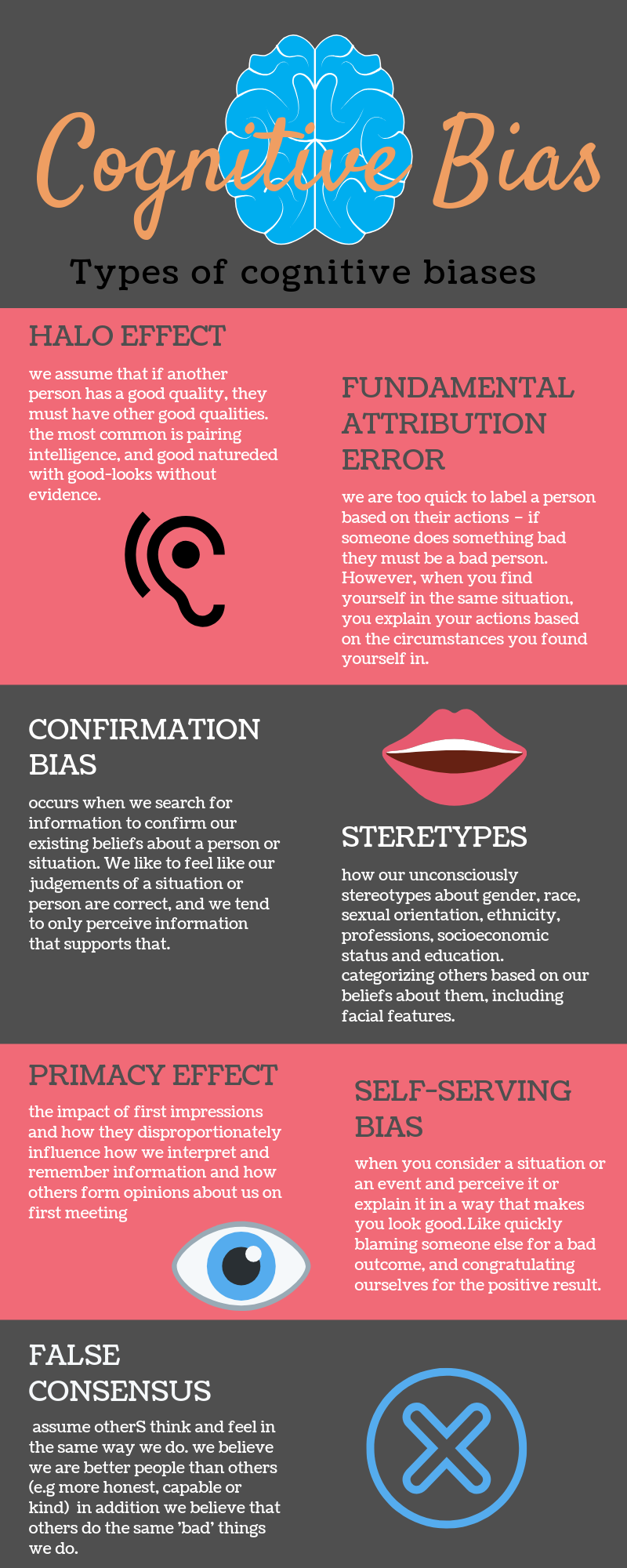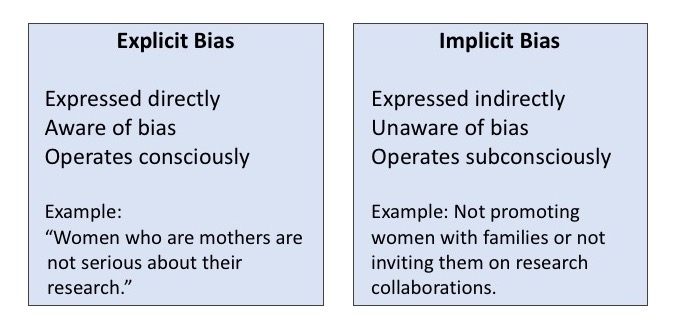


For example, instead of “blacklisted” (traditionally negative) or “whitelisted” (traditionally positive), use terms like “blocked list” and “approved list.” Avoid using words that could associate race with negative or positive terminology. Instead of saying “confined to a wheelchair” or “a cripple,” say “someone who uses a wheelchair.” Instead of talking about “a special ed student,” say “a student in a special education class.” Rather than saying that someone is “a victim of heart disease,” describe them as “a person with heart disease.” Use people-first language to center the person, not the disability.

Use the term “devout” regardless of religion to eliminate that bias. Certain religious groups have often been called “fanatics” while different, equally-invested groups are described as “devout” (a much less derogatory term). A “class for the elderly” could be “a class for people who are 80 and older.” An “old man” could instead be described as “a man in his 90s.” Name the age or age range instead of assigning a term that carries bias. Avoid condescending descriptions associated with age. Here are a few common examples of biased language, and ideas of what you could say instead:Īge.


 0 kommentar(er)
0 kommentar(er)
